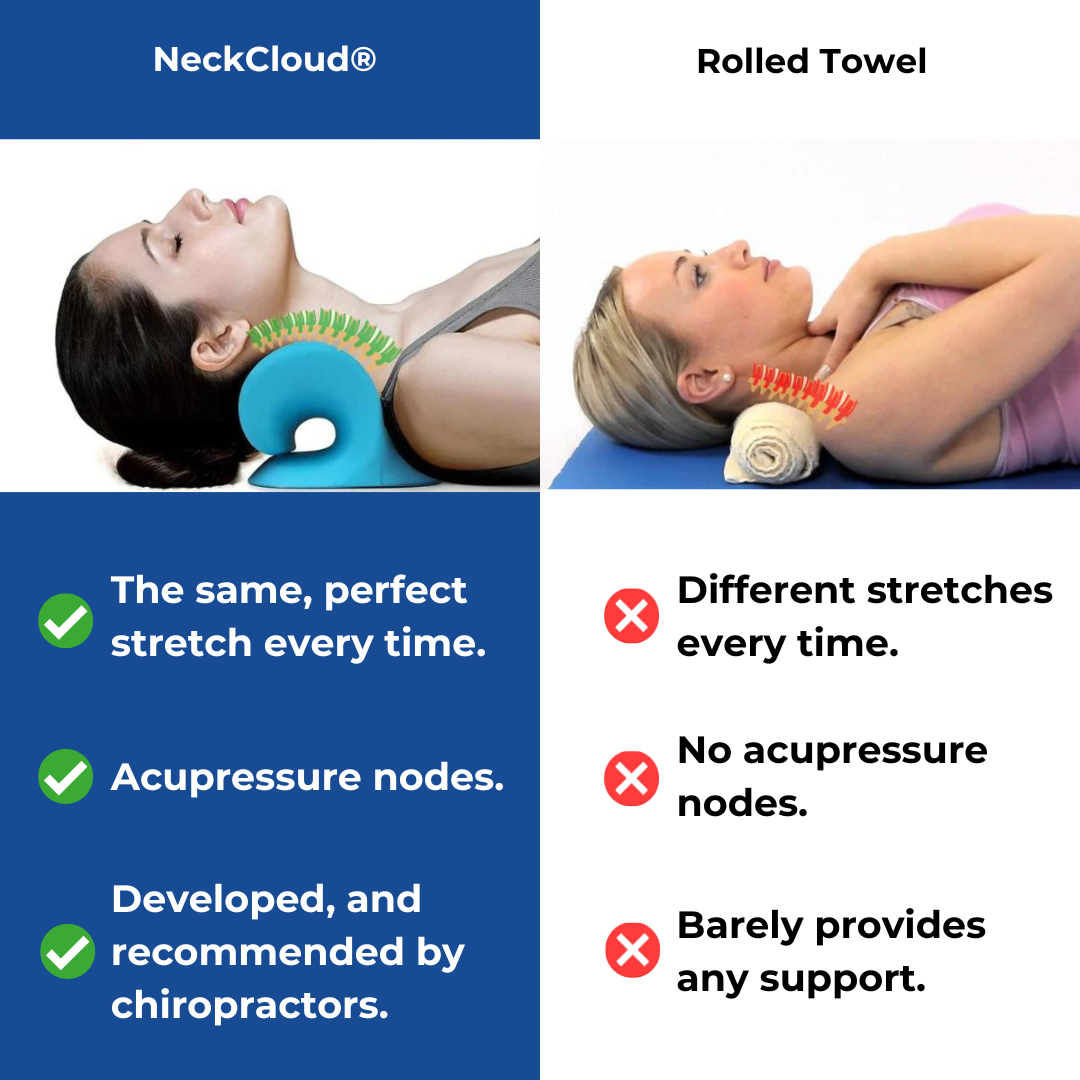The Influence of Stress And Anxiety on Neck Discomfort: Methods for Reducing Stress and Discomfort
In today's fast-paced world, it's no key that anxiety has actually become a common aspect in the onset and exacerbation of neck pain. Join us on a trip to unravel the impact of stress on neck pain and uncover effective ways to ease pain and improve total top quality of life.
Recognizing Stress-Related Neck Discomfort
Stress-related neck discomfort can materialize as stress, rigidity, or pain in the neck and shoulder area. The connection in between stress and anxiety and neck discomfort exists in the body's physiological action to anxiety, which can result in muscular tissue stress and rigidity in the neck muscle mass.

Identifying Common Stress Locations
Often experienced by people under anxiety, tension locations in the body can offer important insights right into the physical symptoms of emotional pressure. One typical tension area is the neck, where stress and anxiety typically shows up physically. Tension migraines, rigid neck muscular tissues, and limited series of motion prevail symptoms of stress-related neck stress. The shoulders are one more usual location where stress builds up. Anxiety can create the muscles in the shoulders to tighten up, leading to discomfort and pain. Furthermore, the upper back is vulnerable to stress build-up, especially in individuals that experience persistent stress. Poor stance and prolonged sitting can worsen tension around. The jaw is also a common place for stress-related stress, as lots of people clinch their jaw or grind their teeth when worried. Understanding these usual stress locations can assist individuals acknowledge the physical indicators of stress and anxiety and take actions to resolve them prior to they intensify into persistent pain or pain.
Carrying Out Relaxation Techniques
To properly manage stress-related stress in the body, carrying out leisure methods is critical. Leisure methods are useful devices for lowering neck pain triggered by stress and anxiety. Deep breathing workouts can help relax the mind and unwind strained muscles in the neck and shoulders (neck cloud). Practicing mindfulness reflection can additionally be useful in alleviating stress and anxiety and promoting relaxation. Progressive muscle relaxation, where you methodically tense and after that kick back different muscular tissue groups, can release built-up stress in the neck area. In addition, tasks like yoga and tai chi integrate both physical motion and leisure, making them reliable methods for minimizing tension and neck discomfort. Taking normal breaks throughout the day to stretch and take a break can prevent muscle mass rigidity and tension from accumulating. By incorporating these leisure methods into your everyday regimen, you can aid handle tension levels, decrease tension in the neck, and alleviate discomfort connected with stress-induced neck discomfort.
Integrating Self-Care Practices
Integrating self-care practices is vital for maintaining general wellness and managing stress-related neck discomfort efficiently. Engaging in normal exercise, such as mild stretching workouts or yoga exercise, can aid alleviate stress in the neck and shoulders. Practicing great stance throughout the day and taking regular breaks from prolonged resting or display time can also protect against pressure on the neck muscles.
In addition, focusing on sufficient rest and establishing a regular sleep regimen can add my latest blog post considerably to lowering stress and anxiety degrees and advertising leisure. Producing a soothing bedtime routine, such as reading a publication or taking a cozy bathroom, can assist prepare the mind and body for restful rest. Additionally, keeping a balanced diet rich in nutrients and staying hydrated can support general health and minimize swelling that might worsen neck discomfort.
Incorporating mindfulness techniques, such as deep breathing workouts or meditation, can aid handle stress and advertise relaxation. Taking time for oneself, participating in hobbies, and establishing borders to protect individual time are also vital facets of self-care that can add to decreasing stress and anxiety visit homepage and easing neck pain.
Looking For Specialist Help
Just how can people successfully attend to consistent neck pain that is influencing their everyday life and well-being? Looking for professional aid can be an important action in handling and relieving neck discomfort. Consulting with medical care specialists such as chiropractors, physiotherapists, or orthopedic specialists can offer beneficial understandings and tailored treatment plans. These experts can perform comprehensive assessments to identify the underlying reasons for neck pain and suggest proper interventions.
Chiropractors focus on spinal control methods to improve positioning and minimize stress in the neck area. Physiotherapists supply targeted stretches and workouts to strengthen muscles, boost adaptability, and improve overall neck function. Orthopedic specialists can offer advanced medical treatments such as shots or medical options for severe situations of neck pain.
Final Thought

Stress-related neck discomfort can manifest as tension, stiffness, or discomfort in the neck and shoulder location. The connection in between tension and neck discomfort exists in the body's physiological action to tension, which can result in muscular tissue tension and rigidity in the neck muscle mass. Tension frustrations, tight neck muscle mass, and limited range of movement are typical symptoms of stress-related neck stress. By integrating these relaxation original site strategies into your day-to-day routine, you can help manage stress degrees, minimize stress in the neck, and ease pain linked with stress-induced neck pain.
